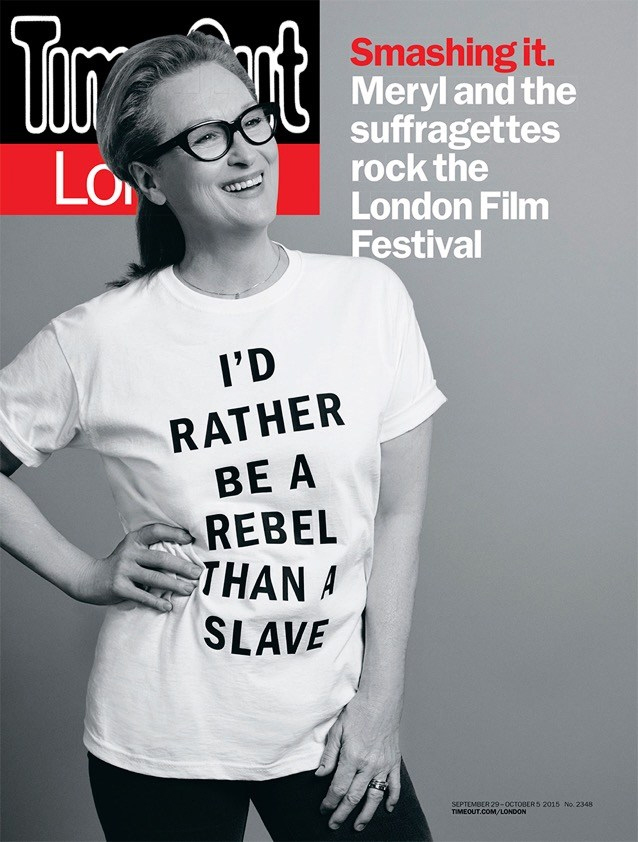AUTHOR: Christopher Vale
PUBLISHER: Self-Published
AVAILABILITY: Amazon
GENRE
Science Fiction - Superhero
REVIEW
Sometimes, all you want are superheroes who do awesome things, and man, does Blitzkrieg deliver! The story tells the origins of a group of superhumans, the results of Nazi experimentation during World War II. After a harrowing opening that describes the merciless Nazi experiments that led to the creation of the superpowered children, the kids' lives take an unexpected turn when the Americans invade and whisk them off to a new life. Afraid that the Soviets might be creating their own race of superhumans, the Americans train the rescuees from the Nazi experiments to fight for them. A few years later, the kids have grown into newbie superheroes-to-be and are then thrown into a world of secret missions and thrilling intrigue. Our heroes eventually learn of a long-lost Nazi secret that could unleash great power... and must get to it before the Soviets do.
I don't want to say too much more because that would ruin all the twisty-turny action that takes place, so suffice it to say that there's LOTS of action and mayhem throughout. The plot barrels forward like a bullet train, whisking you from thrill to thrill. The universe reminded me somewhat of X-Men: First Class (in the whole starting with Nazis and leading to superhumans battling evil during the Cold War thing), but is unique in its own ways. Also, X-Men: First Class is one of my favorite things ever, so anything that evokes that is awesome in my book.
The characters are forced to deal with a variety of issues... demons from the past, questions of allegiance and loyalty, learning to work as a team... the push and pull that comes with finding yourself and your place in the world while also trying to save the day. Much of the story evokes classic comic book themes and action scenes, which totally come alive in your head. Lovers of superhero fiction and comic books will eat this up.
I don't want to say too much more because that would ruin all the twisty-turny action that takes place, so suffice it to say that there's LOTS of action and mayhem throughout. The plot barrels forward like a bullet train, whisking you from thrill to thrill. The universe reminded me somewhat of X-Men: First Class (in the whole starting with Nazis and leading to superhumans battling evil during the Cold War thing), but is unique in its own ways. Also, X-Men: First Class is one of my favorite things ever, so anything that evokes that is awesome in my book.
The characters are forced to deal with a variety of issues... demons from the past, questions of allegiance and loyalty, learning to work as a team... the push and pull that comes with finding yourself and your place in the world while also trying to save the day. Much of the story evokes classic comic book themes and action scenes, which totally come alive in your head. Lovers of superhero fiction and comic books will eat this up.
ABOUT THE AUTHOR
Christopher Vale has lived in seven states and three countries. He has stared across a minefield in Guantanamo Bay, traversed steamy jungles in the South Pacific, and survived twin babies. Now he embarks on his newest adventure as he and his wife raise their three beautiful boys while developing their own self-publishing brand, creating fun, fast-paced novels of imagination and wonder.












